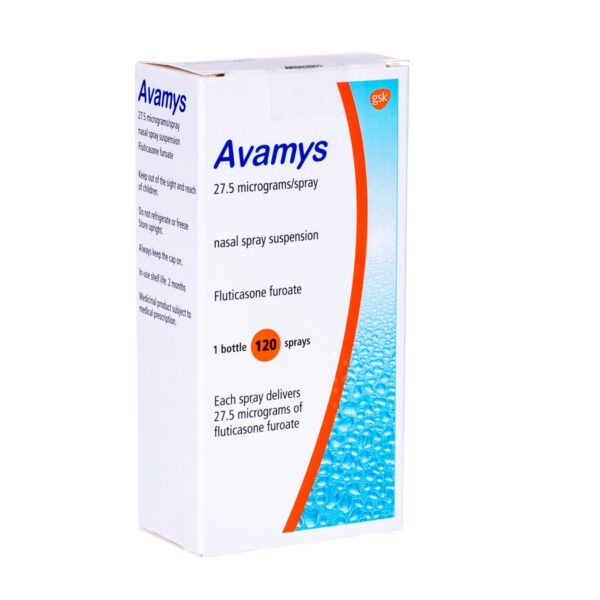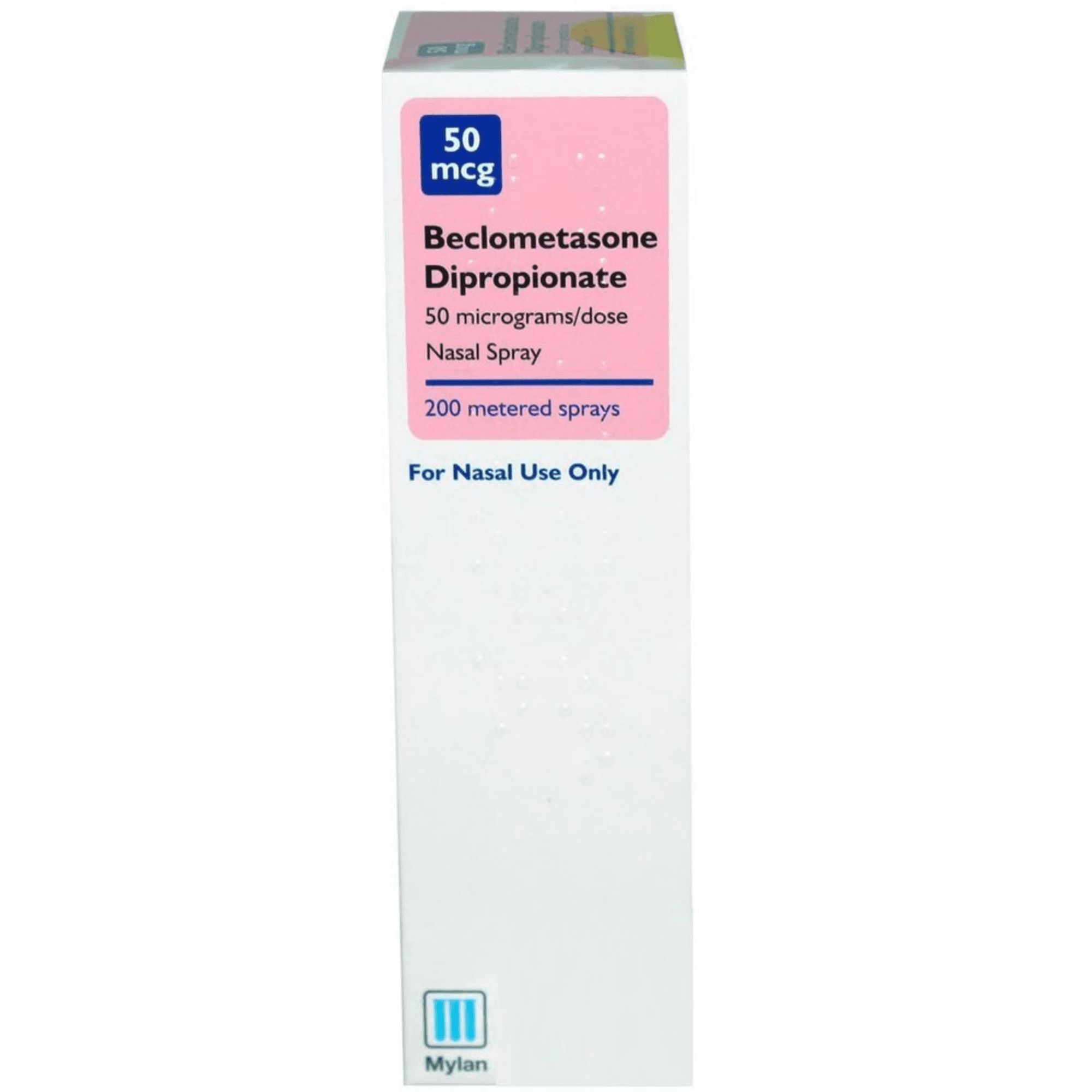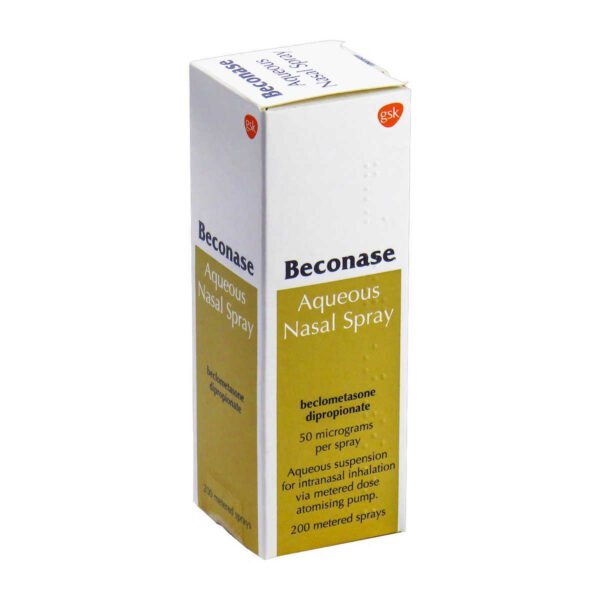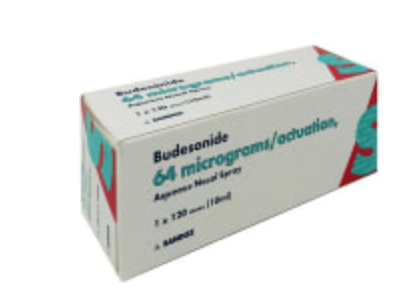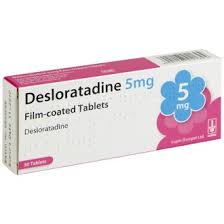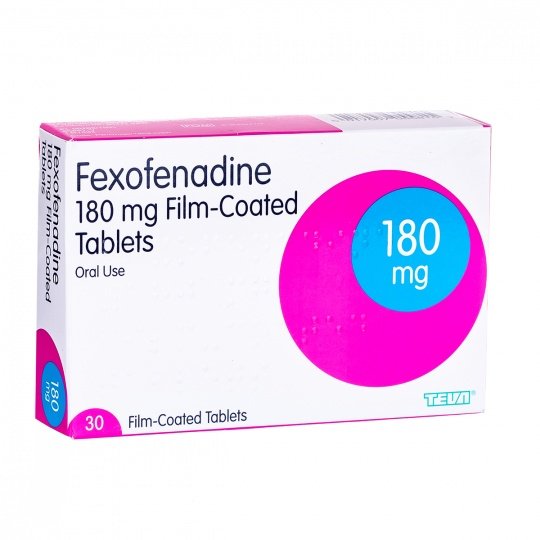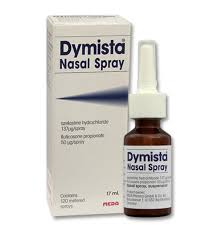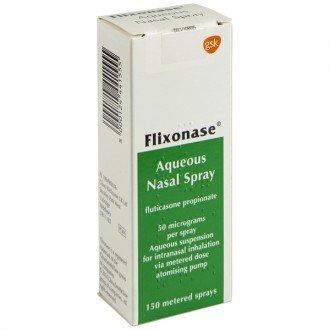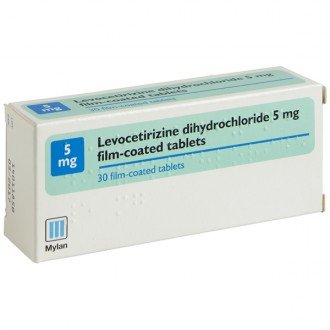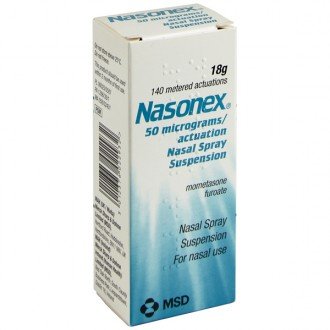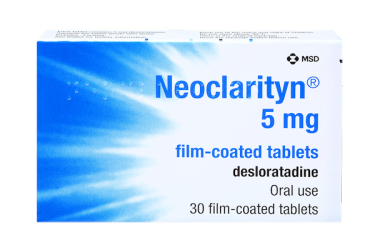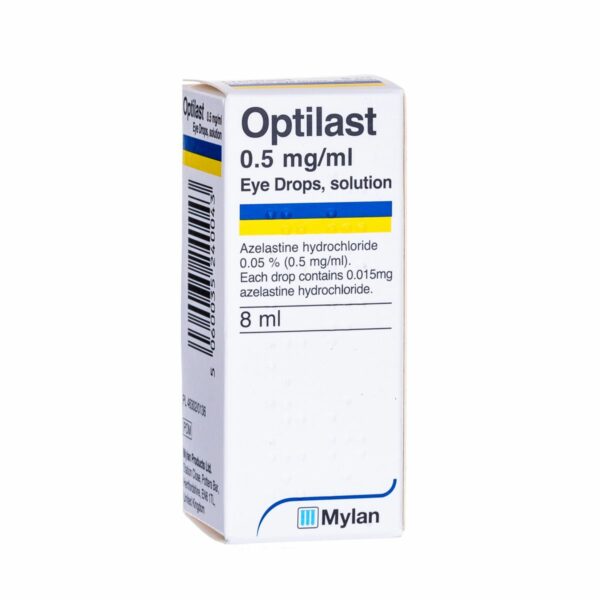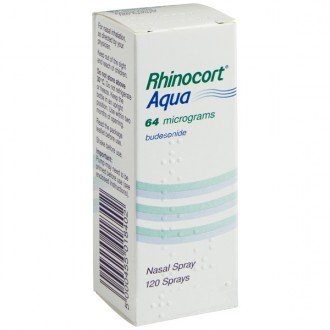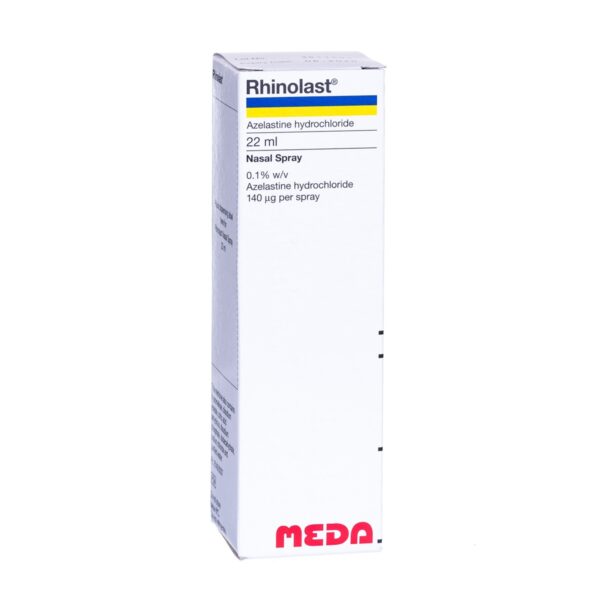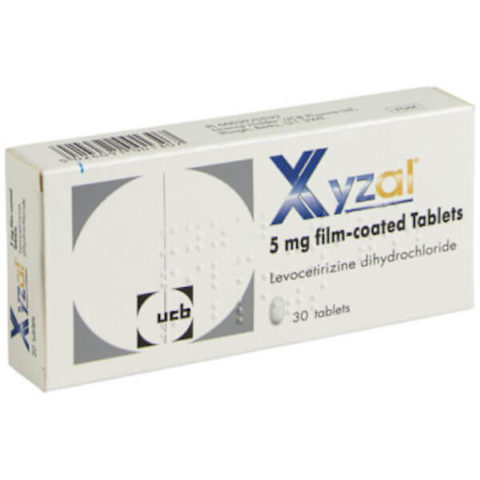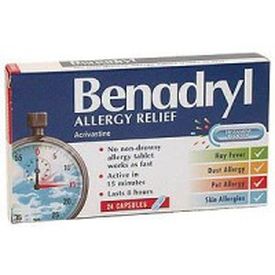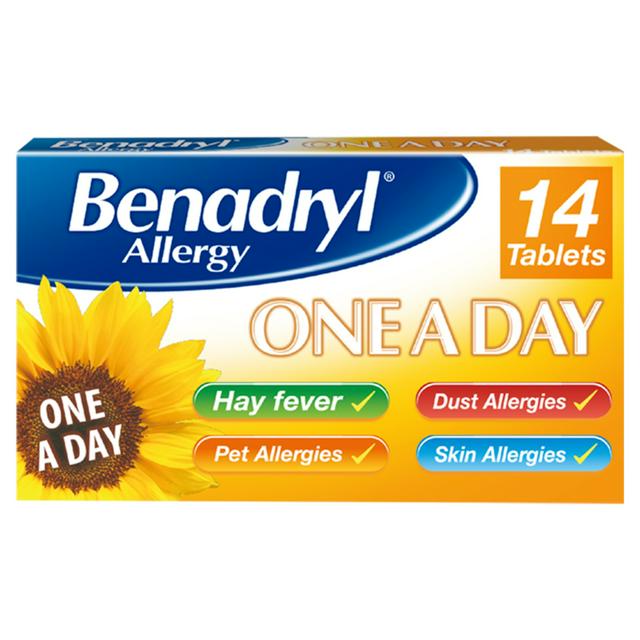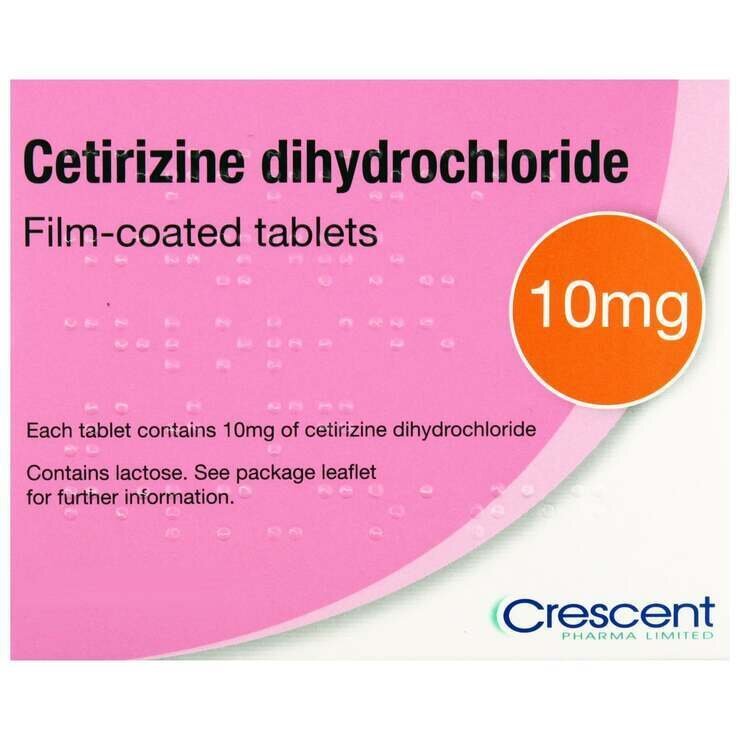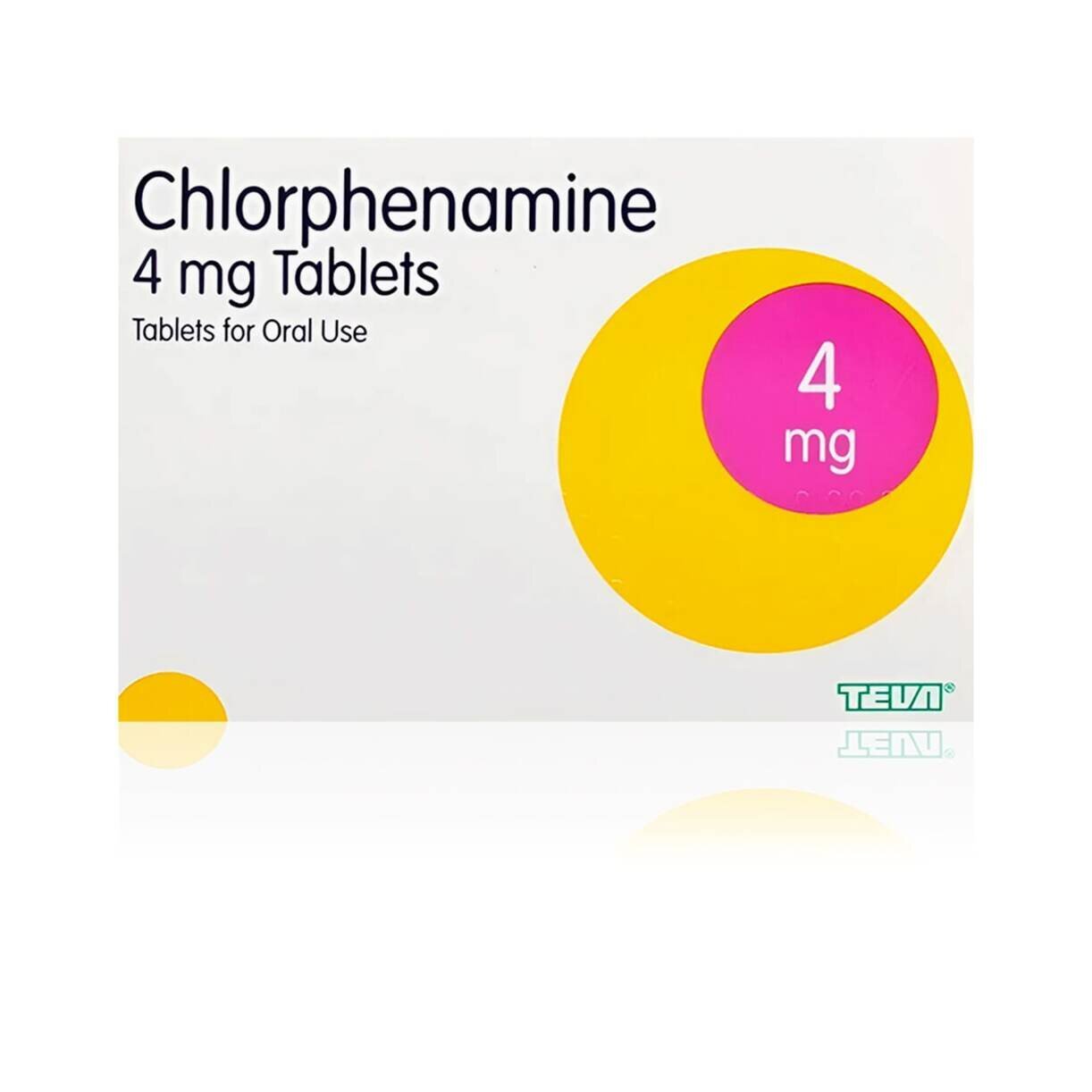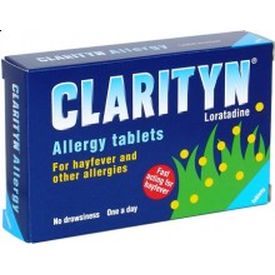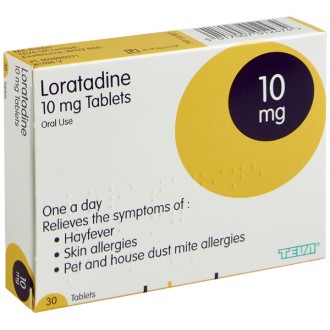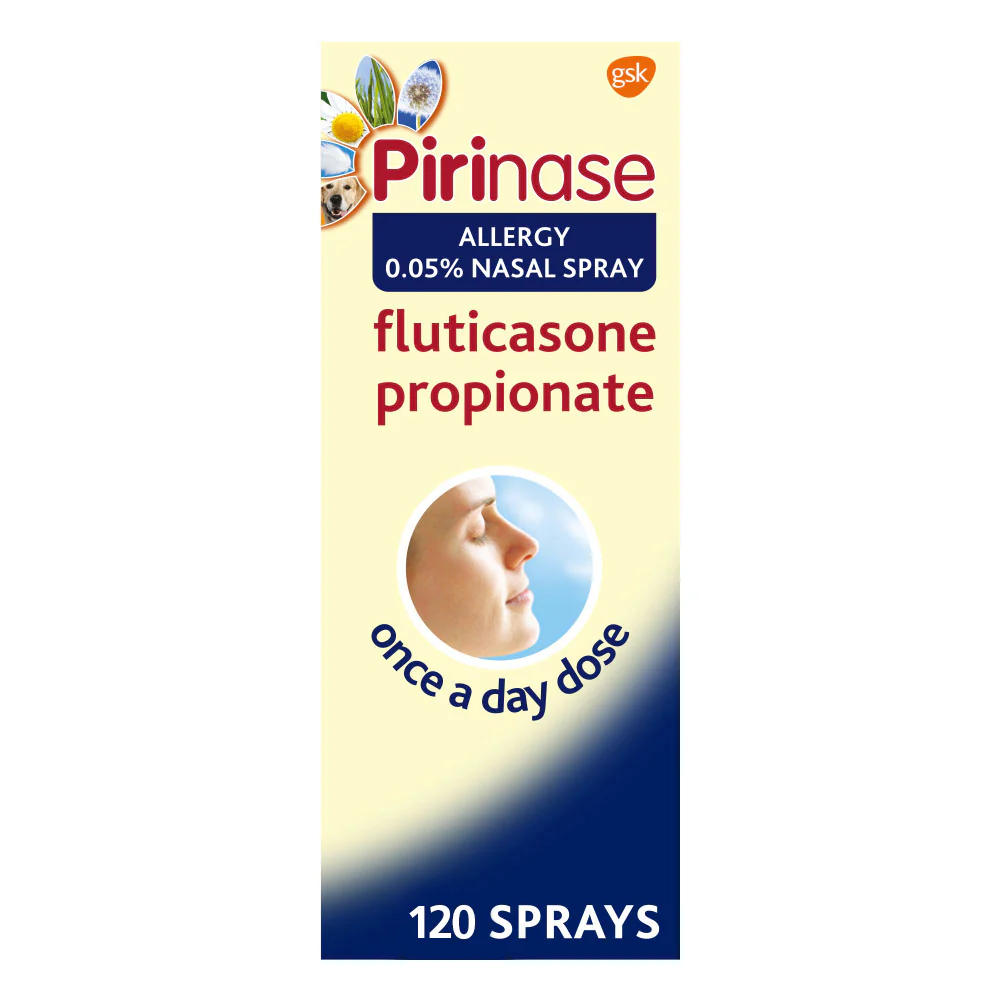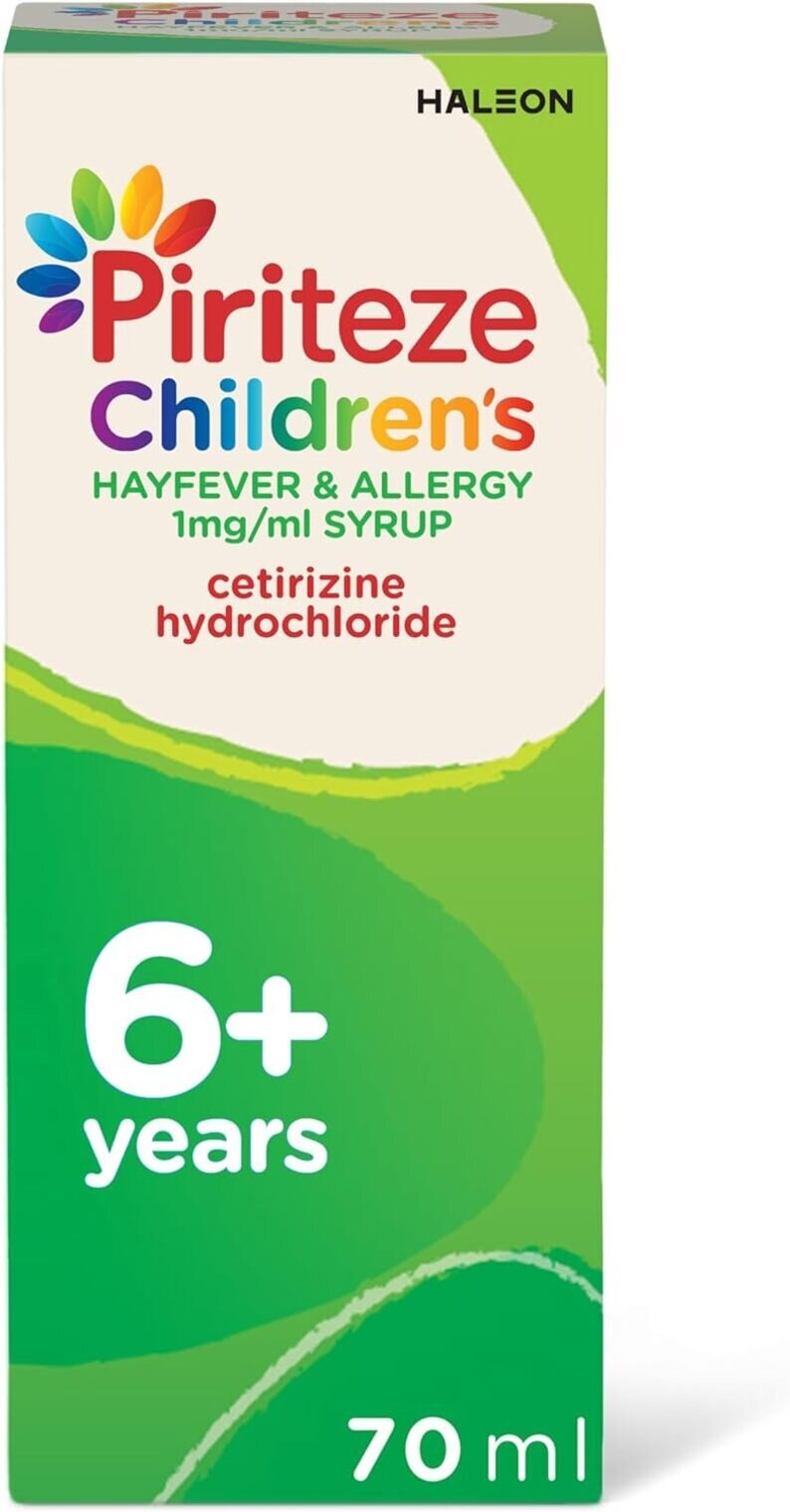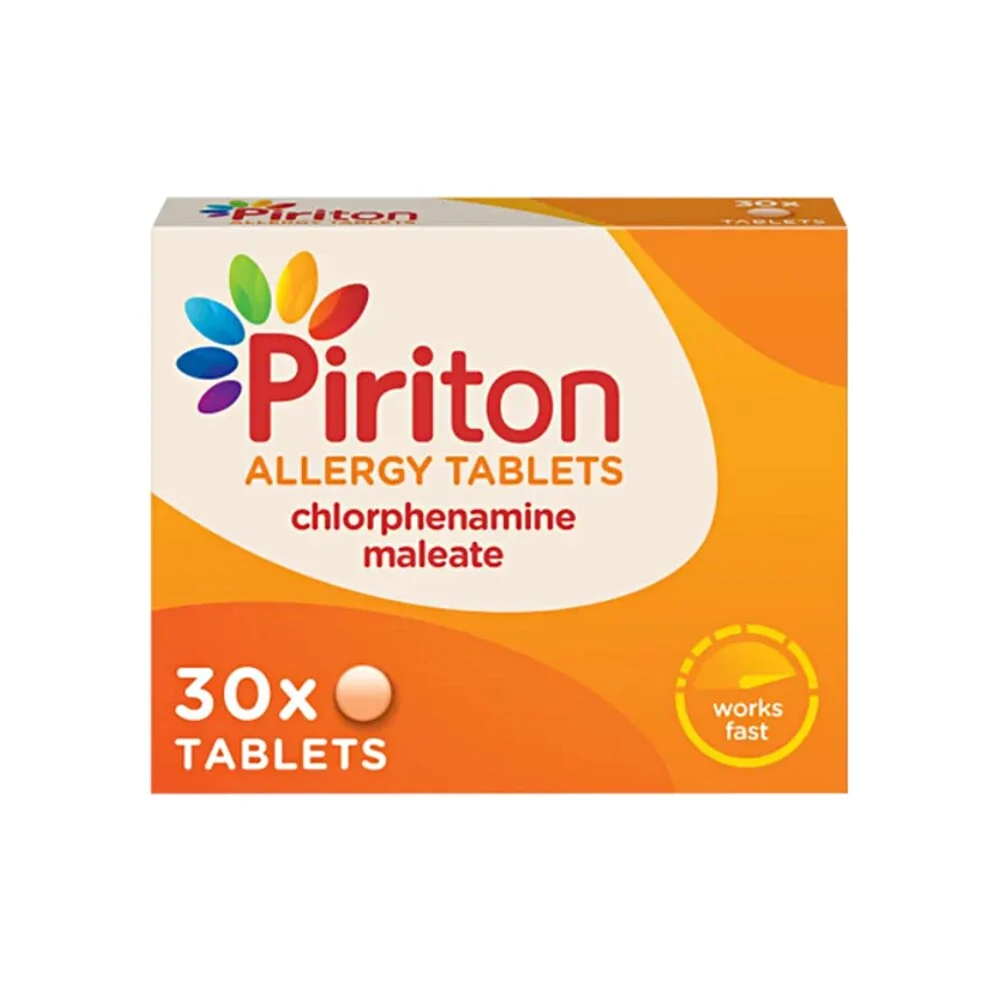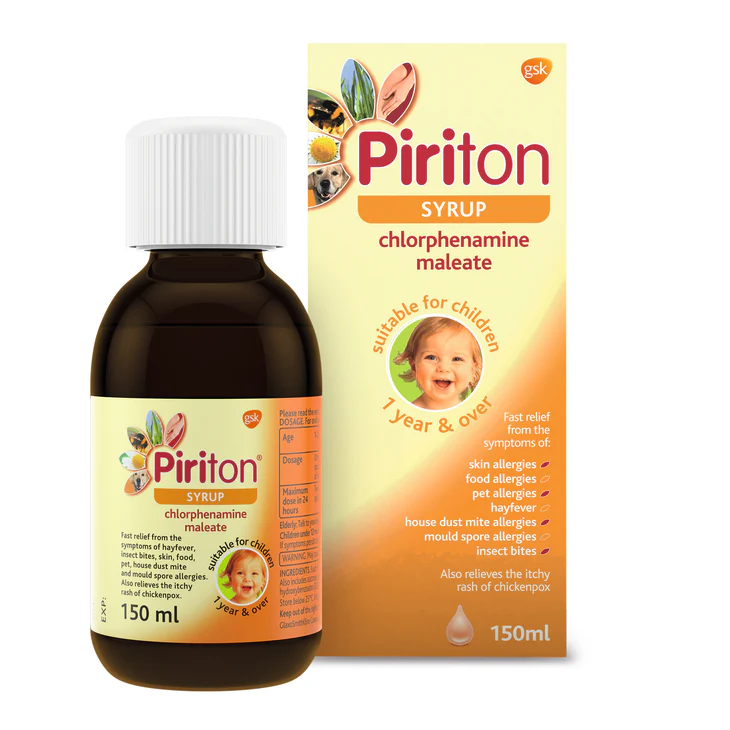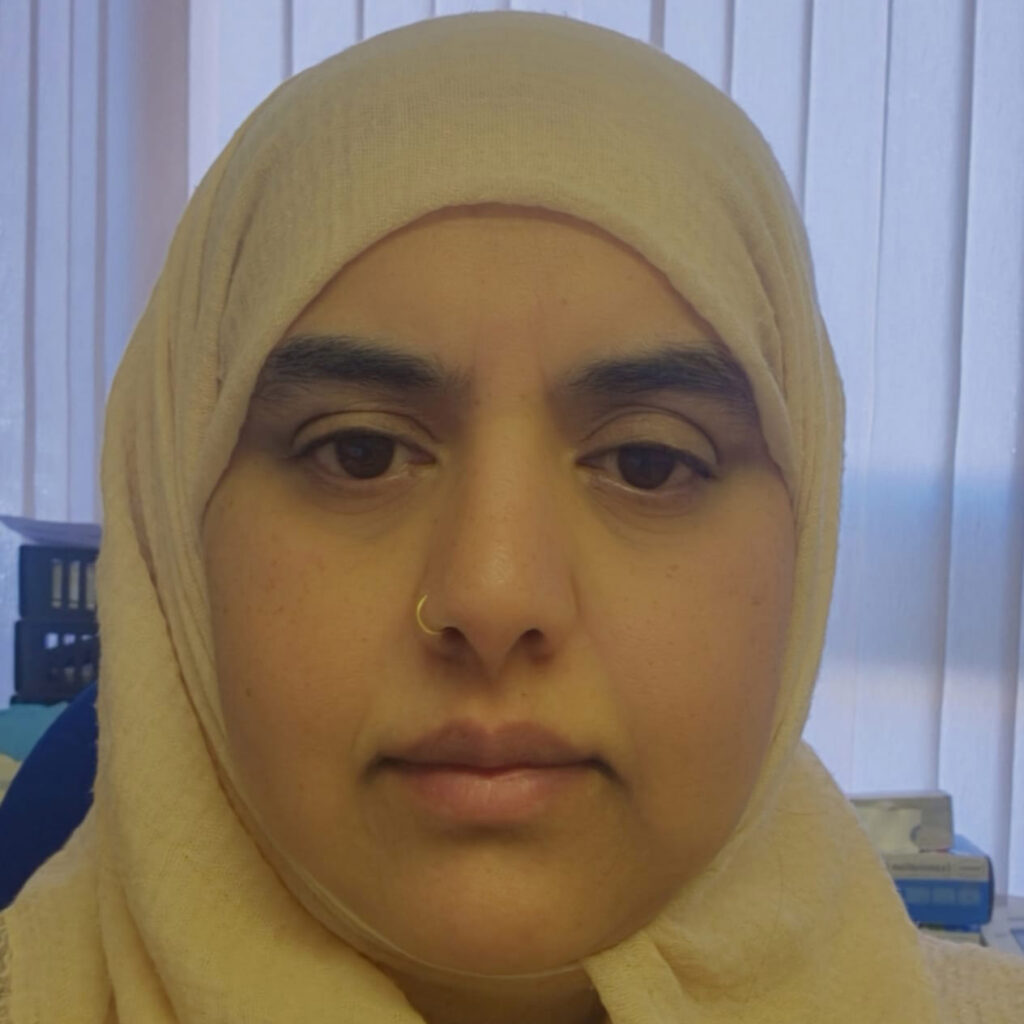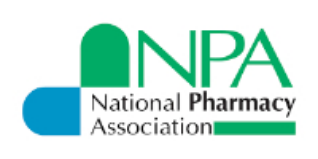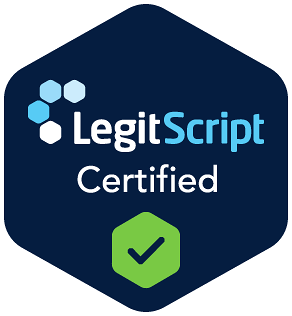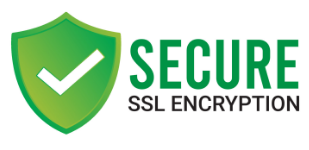What is an Allergic Reaction?
Allergies happen when your body thinks something harmless, like pollen or pet fur, is actually dangerous. Your body then releases a chemical called histamine, which causes all the annoying symptoms like sneezing, itching, and a runny nose.
Allergic Reaction Symptoms
Symptoms of an allergic reaction can vary in severity. Mild symptoms are common and can usually be treated with over-the-counter or prescription medications, however, any concerning symptoms (even if they seem mild) should be reported to a medical professional ASAP. Serious symptoms require immediate medical attention and should not be ignored.
Mild Symptoms
- A runny nose or sneezing
- Pain or tenderness around your cheeks, eyes, or forehead
- Coughing, wheezing, or breathlessness
- Itchy skin or a raised rash (hives)
- Diarrhoea
- Feeling or being sick
Serious Symptoms
- Sudden swelling of the lips, mouth, throat, or tongue
- Very fast breathing or struggling to breathe
- A tight feeling in the throat or difficulty swallowing
- Skin, tongue, or lips turning blue, grey, or pale
- Sudden confusion, drowsiness, or dizziness
- Fainting and inability to be woken up
- A child becoming limp, floppy, or unresponsive
If you or someone you’re with is experiencing a serious allergic reaction, it’s crucial to attend your local A&E immediately.
How to Treat a Mild Allergic Reaction
Antihistamines like cetirizine and loratadine are popular allergy treatments because they work by blocking the release of histamine, which is what triggers the allergic response and causes allergic reaction symptoms. Nasal sprays that have corticosteroids in them, such as beclometasone or fluticasone, can also help by reducing inflammation and relieving nasal congestion. These medications are practical solutions that can help manage mild allergic reaction symptoms.
Mild allergic reactions can be treated with antihistamines, topical treatments or by avoiding the source of the allergen.
Antihistamines
Antihistamines prevent histamine from attaching to certain receptors in your body. By doing this, they stop the symptoms that histamine usually causes. So, when you take an antihistamine, you’re essentially stopping the chemical reaction that leads to allergy symptoms.
You can get antihistamines as tablets, creams, or even a liquid if you don’t like swallowing pills. You can buy antihistamines over the counter, but for stronger ones, you will need a prescription from a pharmacist or your GP. You can get this prescription from Click2Pharmacy’s online allergy treatment clinic.
Topical Allergy Treatments
For skin reactions, topical steroids like hydrocortisone cream can be applied to reduce inflammation and itching.
Avoiding the Allergen
Eliminating or reducing allergenic foods can be effective for food allergies. You should only do this under the guidance of a GP to avoid nutritional deficiencies.
How to Treat a Severe Allergic Reaction
In cases of severe allergic reactions, an adrenaline auto-injector (EpiPen) should be used immediately, if available. This can rapidly reverse the symptoms of anaphylaxis. After using the adrenaline auto-injector, or if one is not available, call for an ambulance immediately. Severe allergic reactions can be life-threatening and require urgent medical attention. Once in the hospital, further treatment may include antihistamines, steroids, and sometimes even a stay in the intensive care unit for monitoring.
If you’ve had a severe allergic reaction in the past, you should always carry an adrenaline auto-injector and ensure that it’s up to date.


